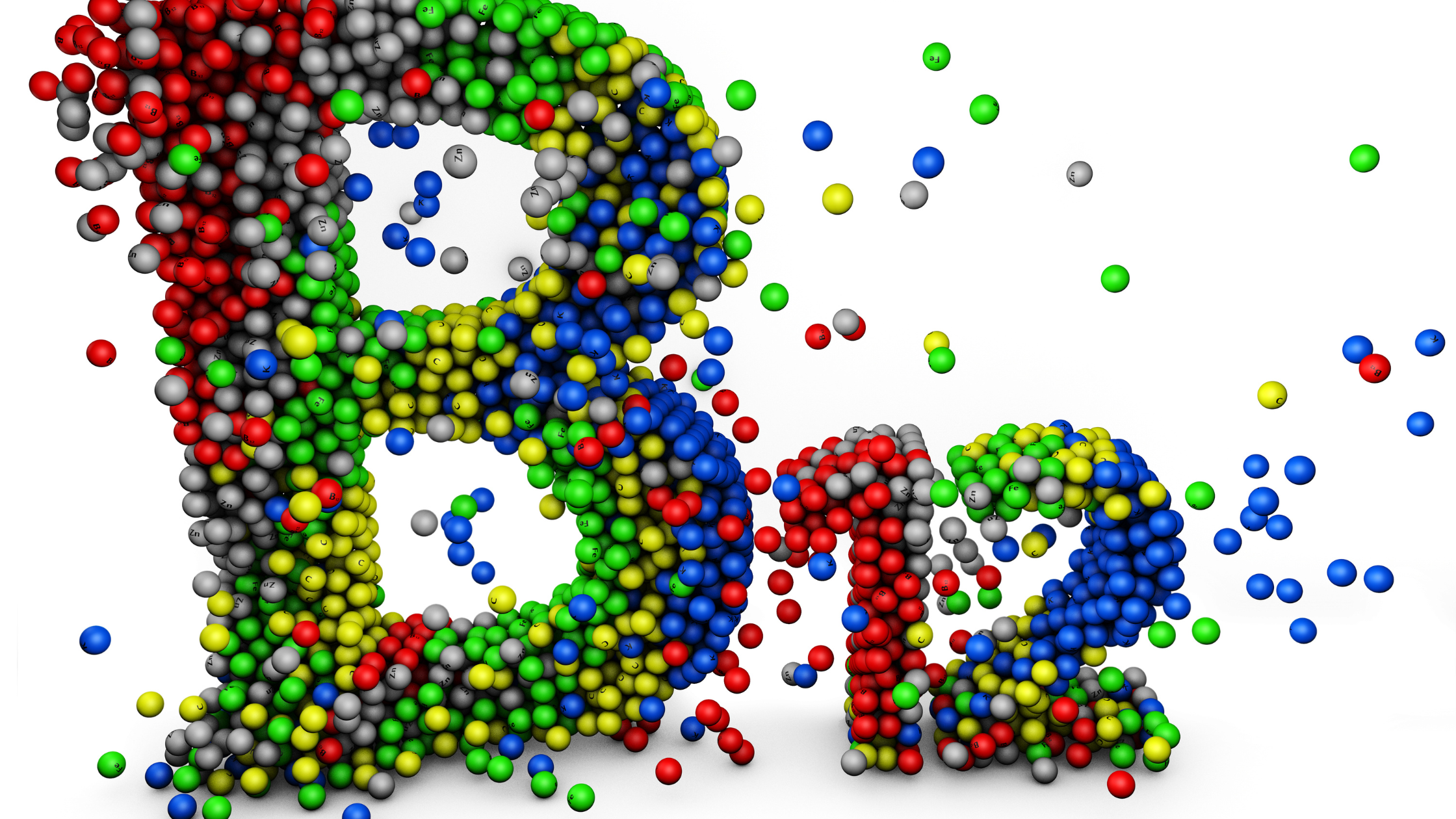Causes of Brain Fog: 10 Possible Reasons Your Mind Is Sluggish
Written by Tye Medical on Jun 11th 2021
Sometimes called “mental fatigue,” brain fog is typically a symptom of another medical problem or health issue. Causes of brain fog vary from lifestyle factors to more serious underlying health conditions.
But what exactly is brain fog? In basic terms, it means that your mind isn’t functioning optimally or even at a “normal” level. It often involves:
- Lack of mental clarity
- Memory problems
- Poor concentration
- Difficulty focusing
If you often struggle with your short-term memory, feel your thinking is fuzzy, feel like your thoughts aren’t clear, or struggle to focus on specific tasks, you might have brain fog. When severe, it can interfere with your daily life, but treating the underlying condition often releases you from these burdensome symptoms.
Here are ten causes of brain fog to help you narrow possible triggers before talking to your doctor.
1. Stress
You’ve probably heard about how severely stress impacts your body. Not only does it weaken your immune system, increase blood pressure, and trigger depression, but it also exhausts your brain. Stress is one of the most common brain fog causes, making it difficult to think, remember, focus, and reason.
2. Lack of Sleep
Your brain needs time to recharge, and when you don’t get adequate sleep, it interferes with brain function. Experts recommend 7-9 hours of sleep each night for optimal cognitive health. If you slash sleep hours, you set yourself up for cloudy thoughts and poor concentration.
3. Hormonal Changes
Changes in female hormones during pregnancy and menopause are causes of brain fog that many people overlook. When you’re pregnant, progesterone and estrogen levels increase, affecting your memory and impairing your thoughts temporarily.
During menopause, it’s the drop in estrogen that triggers cloudy thinking, poor concentration, and forgetfulness. Addressing the hormonal imbalance will also alleviate your foggy brain symptoms.
4. Diet

If you have food allergies or sensitivities that you’re not aware of, you might experience brain fog after eating offending foods. Recent studies have revealed the intimate connection between your brain and your gut. These two “brains” communicate back and forth with each other, and there’s evidence that irritation in the GI tract signals mood changes in the brain (like anxiety, depression, and foggy brain).
5. Medications
Medication is one of the common causes of brain fog. It might even be listed as a known side effect of certain medications you’re taking. You can often talk with your doctor about lowering your dosage or finding a suitable alternative. Common drugs known to generate foggy brain are:
- Benzodiazepines like Ativan, Valium, Restoril, and Xanax often prescribed for sleep or anxiety
- Other prescription sedatives like Ambien, Sonata, and Lunesta also prescribed for sleep or anxiety
- Sedating antihistamines like those found in Nyquil, Benadryl, and Tylenol PM
- Overactive bladder medications like Ditropan and Detrol
- Muscle relaxants like Flexeril
- Nerve pain medication like Elavil and Pamelor
- Vertigo and nausea medications like Antivert, Scopace, and Phenergan
- Popular SSRI antidepressant Paxil
- Mood stabilizers like Risperdal, Seroquel, Zyprexa, Abilify, Haldol, Depakote
- Opiate pain medications
Talk with your doctor about alternative medications or dosages.
6. Poor Thyroid Function
If you have hypothyroidism, it’s common to experience intervals of foggy brain. It’s often one of the first and most obvious clues that something’s off with your thyroid. Your thyroid is linked to your metabolism, which regulates energy levels. As energy levels drop, brain fatigue sets in, affecting your memory, concentration, and thought processes.
7. Leaky Gut (Intestinal Permeability)

This describes several GI tract issues that stem from gaps in the intestinal lining that allow particles and partially digested food into the bloodstream. This triggers an immune response and inflammation. It often causes complications like IBS (Irritable Bowel Syndrome), food sensitivities, autoimmune disease, and chronic inflammation. Inflammation from leaky gut can disrupt communication between your gut and brain, producing confusion and forgetfulness, making it one of the possible causes of brain fog.
8. Candida Overgrowth
An overgrowth of candida (yeast) in your digestive tract also inhibits communication between the gut and brain, throwing off neurotransmitters and causing periodic symptoms of brain fog. A yeast overgrowth often results in inflammation, which disrupts the gut-brain connection.
9. SIBO
SIBO (Small Intestinal Bacterial Overgrowth) happens when there’s an overgrowth of colon bacteria in the small intestine. It’s normal to have healthy amounts of bacteria throughout your digestive tract, but with SIBO, your bacterial levels are double or triple. It triggers many of the same complications as leaky gut—food sensitivities, autoimmune disorders, inflammation, and brain function. When bacteria levels are highest in the small intestine, the bacteria release histamines that promote brain fog.
10. Vitamin B12 Deficiency

B12 keeps your body’s cells and nerves healthy and helps make DNA. Your stomach acids break down proteins from your food, which allows your body to absorb the nutrient. But if you’re prone to a B12 deficiency, your body might struggle to break down the proteins and absorb this critical vitamin. This impacts your nervous system leading to symptoms that eventually include brain fog. If not treated with a B12 supplement, your condition can spiral until your memory is severely impaired.
Not All Brain Fog Is a Normal Part of Aging
Some cognitive decline and memory loss can indeed be a normal part of getting older. But the onset of these changes is typically very gradual and doesn’t affect your daily life significantly. If you’re noticing changes in memory that seem more sudden and noticeable to yourself and others, it’s worth seeing your doctor about.
Memory and concentration problems in senior adults could be due to one of the above causes of brain fog or other conditions affecting cognitive health. It’s important to record your symptoms and review them with your doctor.
UTI’s Intensify Cognitive Symptoms in Dementia Patients
It’s not uncommon for a urinary tract infection to causes unexpected symptoms in those with dementia or Alzheimer’s, especially if the patient is elderly. If your loved one experience sudden changes in behavior, like increased confusion or delirium, it could be due to an underlying UTI.
Any infection can trigger delirium or confusion in Alzheimer’s or dementia patients, and the presence of infection also incites the progression of the disease. It’s critical to treat the infection immediately, and to be prepared for temporary or worsened urinary incontinence.
TYE Medical’s incontinence underwear (Protective Underwear and Premium Briefs) are made for us with our two-piece system. This makes caring for a lived one with incontinence much easier and more cost effective.


